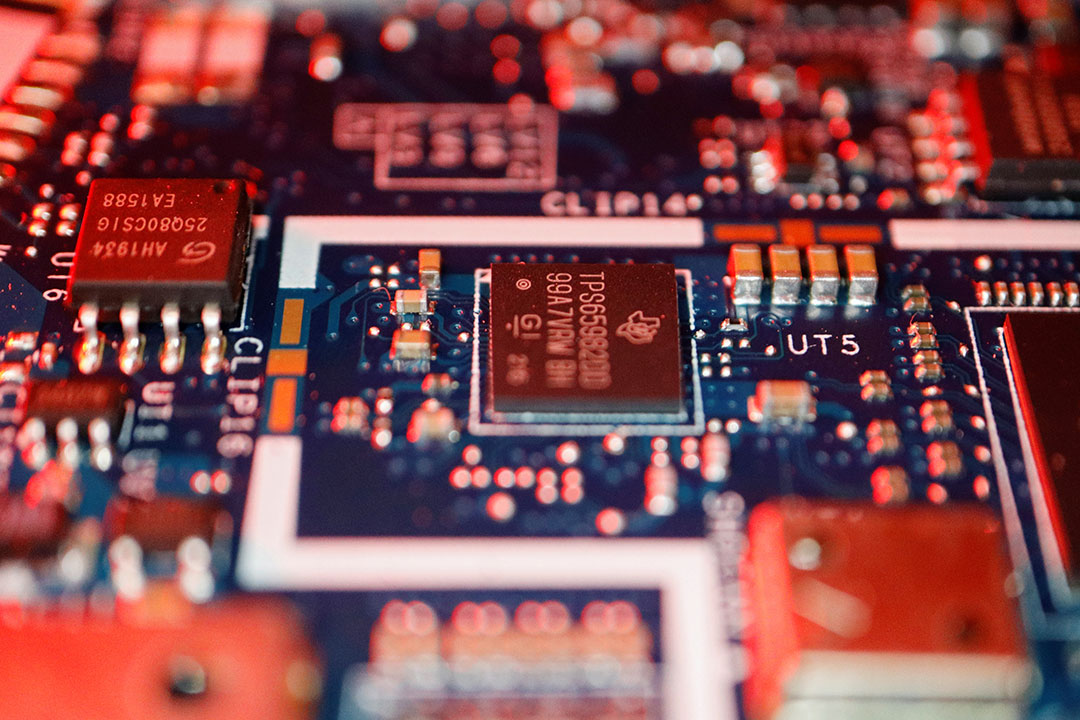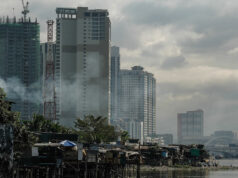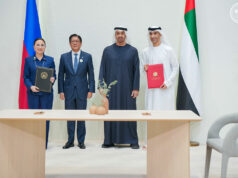SEIPI urges gov’t to help sector as it loses competitiveness

By Justine Irish D. Tabile, Reporter
THE Semiconductor and Electronics Industries in the Philippines Foundation, Inc. (SEIPI) is seeking government support for the sector as it loses its competitiveness amid new US trade deals with Southeast Asian neighbors.
SEIPI President Danilo C. Lachica said the Philippines lost its edge when the US reciprocal tariff rates on other electronics exporter-countries were lowered.
“What you’re up against is the power cost, the logistics cost, the water cost, and the aggressiveness of the government,” he told BusinessWorld on the sidelines of the PASIAWORLD 2025 Annual Supply Chain Conference on Thursday.
“Our edge was the reciprocal tariff. But now, it’s a level playing field in terms of the tariff,” he added.
In August, the US began imposing a 19% tariff on most goods from the Philippines, Malaysia and Thailand, while a 20% tariff is charged on Vietnam.
Asked if the final agreements between the US and other members of the Association of Southeast Asian Nations (ASEAN) could further impact the competitiveness of the country, he said that it will remain “business as usual” until new rates are announced for the Philippines.
“Well, what we tell our (SEIPI) members for now is to take that as gospel truth. For now, that’s our reciprocal tariff. If that changes because of the US Supreme Court decision that challenges its legality, or Trump announces a new tariff, then we respond,” he said.
“You can’t afford to have analysis paralysis, and you will not do anything. So, just do your normal business,” he added.
For now, semiconductors and some electronics manufacturing services products are exempt from the reciprocal tariff.
“Am I secure with our 0% tariff for now? Yes, but I’m not going to hold my breath. Like I said, it just depends on how the wind blows in Washington, DC, but we’ll see,” he said.
“I think by the first or second quarter we should have some resolution there, and hopefully it’s favorable for the Philippines,” he added.
However, he said that there is a need for the Philippines to find new markets for its exports amid the US reciprocal tariff.
“We really need to look at new markets… whether it is ASEAN, African, or European. Especially in Europe, not many have heard of the capabilities of the Philippines,” he said.
“The interesting thing is, Latin American countries like Panama are inquiring, and Canada is also inquiring, so we really have to diversify our markets,” he added.
Mr. Lachica said that the Philippines must already establish its own wafer fabrication facility to remain competitive.
“If we don’t do this, we are probably just going to compete with Timor-Leste or Laos, while our more advanced neighbors are still going to grow their semiconductor and electronics industry,” he said.
Despite the challenges faced by the sector, he said recent trade numbers show the possibility that the exports of semiconductors and electronics will have modest growth.
“It’s becoming clearer that we will exceed flat growth. You would be pleasantly surprised. It is doing better than we expected,” he said. “What is driving it is artificial intelligence and the internet of things, so it is really advanced technology.”
In the first nine months, the country exported $33.52 billion worth of electronic products, up 9.5% from $30.6 billion a year prior.
Meanwhile, Mr. Lachica said that the corruption scandal has been sending a bad signal to multinational companies.
“As you know, multinationals don’t tolerate that kind of problem. If ever there’s anything uncovered, they fire the executive,” he said.
In particular, Mr. Lachica said some companies are seeking assurance from local partners on how they can be shielded from the effects of corruption.
“There is interest. Continuous? I hope. Significant? I hope. But there are also major concerns,” he added.
Mr. Lachica said businesses want to see the results of the Independent Commission for Infrastructure’s (ICI) probe on the alleged graft and corruption in government projects.
“The problem is, the ICI investigation has been going on for months, but no one is convicted. The credibility and sense of urgency, I don’t see it. I hope we get some conviction soon because it sends a bad message,” he said.



